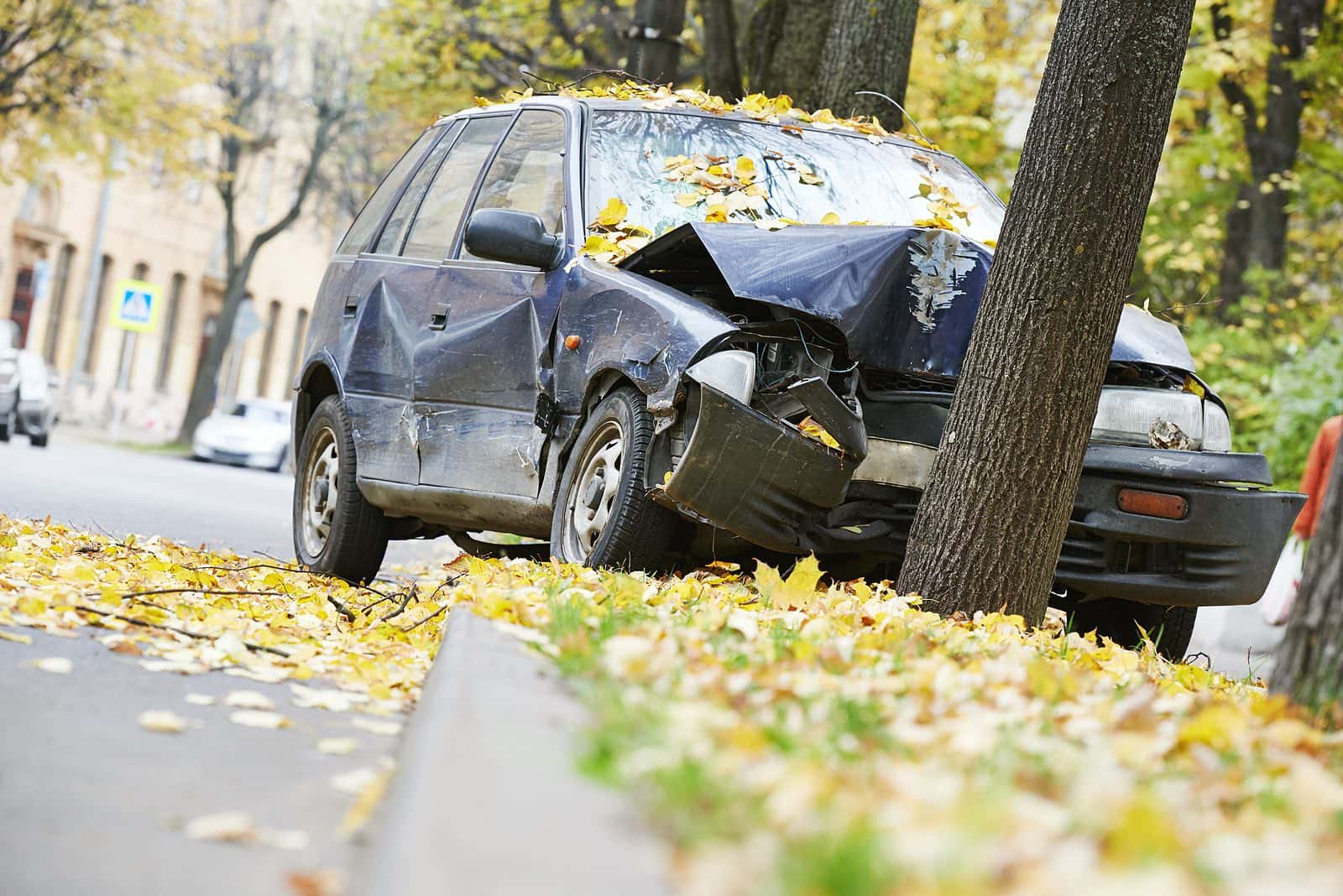
Americans have a hard time falling asleep. The CDC states that “In 2020, 14.5% of adults had trouble falling asleep most days or every day in the past 30 days…In 2020, 17.8% of adults had trouble staying asleep most days or every day in the past 30 days.” That’s why we love sleeping pills, especially Ambien (zolpidem). Once people start taking Ambien (zolpidem), many keep on taking it. That’s in large part because it works. Most people fall asleep pretty fast after taking zolpidem. But the FDA makes it quite clear that patients should not be prescribed zolpidem indefinitely:
The FDA’s official prescribing information says:
“AMBIEN (zolpidem) is indicated for the short-term treatment of insomnia characterized by difficulties with sleep initiation.”
Please note the words “short-term.”
There is another FDA caution! It is a boxed warning, the agency’s highest alert:
WARNING: COMPLEX SLEEP BEHAVIORS:
“Complex sleep behaviors including sleep-walking, sleep-driving, and engaging in other activities while not fully awake may occur following use of AMBIEN. Some of these events may result in serious injuries, including death. Discontinue AMBIEN immediately if a patient experiences a complex sleep behavior.”
The FDA goes on to describe “Complex Sleep Behaviors” in a bit more graphic detail:
“Complex sleep behaviors, including sleep-walking, sleep-driving, and engaging in other activities while not fully awake, may occur following the first or any subsequent use of AMBIEN. Patients can be seriously injured or injure others during complex sleep behaviors. Such injuries may result in a fatal outcome. Other complex sleep behaviors (e.g., preparing and eating food, making phone calls, or having sex) have also been reported. Patients usually do not remember these events.”
Sleep Driving with Ambien (Zolpidem)?
Most of us have a very hard time imagining sleep walking, sleep driving or having sex while fast asleep. Burt we have heard from so many readers that we do not doubt such behaviors occur, often with total amnesia for the events. Here is just one link to such stories.
This reader describes what happened after taking Ambien:
Q. I had a bad experience with Ambien. I totaled my car only two houses from my home. One evening, about 10 minutes after I had taken the drug, my husband mentioned that he had forgotten to pick up one of his prescriptions. I told him I would go pick it up. The pharmacy is only about five minutes from our home. I felt fine to drive.
I crashed into a mailbox and tree. I never felt sleepy while driving. I have wondered if a study has been done regarding the number of traffic accidents that have occurred after someone took zolpidem.
A. The sleeping pill Ambien (zolpidem) can begin to exert an effect quite quickly, depending in part on the formulation and timing. Most people start to feel sleepy within 15 to 30 minutes, so your impairment came on very fast. We have heard from others who have engaged in dangerous activities after falling asleep.
You can learn more about the pros and cons of various sleeping pills and many non-drug options for dealing with insomnia in our eGuide to Getting a Good Night’s Sleep. This online resource can be found under the Health eGuides tab.
Another reader shared a somewhat similar experience:
“I took Ambien, jumped in the shower, ate something and fell asleep watching TV. Apparently, I got in my car and drove into an electrical pole, knocking it over. I woke up in a hospital emergency room the next day with no recollection of anything.”
A DUI Citation After Ambien (Zolpidem):
Q. I have a question about Ambien. I took it and ended up sleep-walking. In fact, I was driving my car and was slapped with a DUI citation. I don’t remember a thing. Can you help me?
A. Sleep-walking, sleep-eating and even sleep-driving are potential hazards of taking Ambien (zolpidem). We have heard from other readers who have gotten into accidents while sleep-driving because of zolpidem.
Legal cases involving “sleep-related, complex behaviors such as sleepwalking and sleep driving” have been brought before the courts, but the legal decisions have been inconsistent (Journal of the American Academy of Psychiatry and the Law, 2011; Journal of Law and Medicine, 2016).
Another Case of Sleep Driving Under the Influence of Ambien (zolpidem):
Wally offered this story about sleep driving:
“Ambien (zolpidem) would make me sleep walk, eat and drive! I would wake up with food in my bed. I would not remember anything about how that happened.
“One time I woke up in the hospital with a broken finger, femur, ankle, patella plus a fractured skull. I had been sleep driving. I am sure about that because I NEVER wear pajamas when I am driving. NEVER!
“I am pretty sure I was sleep walking to my car and then driving in my pajamas. I totaled my car into a tree about 30 seconds from my house.”
Other Options for Insomnia:
Many people are loathe to give up their Ambien (zolpidem). That’s because if they stop, the insomnia comes back with a vengeance. The only way they can sleep is with zolpidem on board. Please share your experience with zolpidem or any other sleeping pill in the comment section below. Have you ever had an accident while taking a drug like zolpidem?
For people who would prefer to avoid such sleeping pills, we offer a number of alternatives in our eGuide to Getting a Good Night’s Sleep. This online resource provides information on popular sleep aids and natural approaches to overcoming insomnia. It is available at this link.

